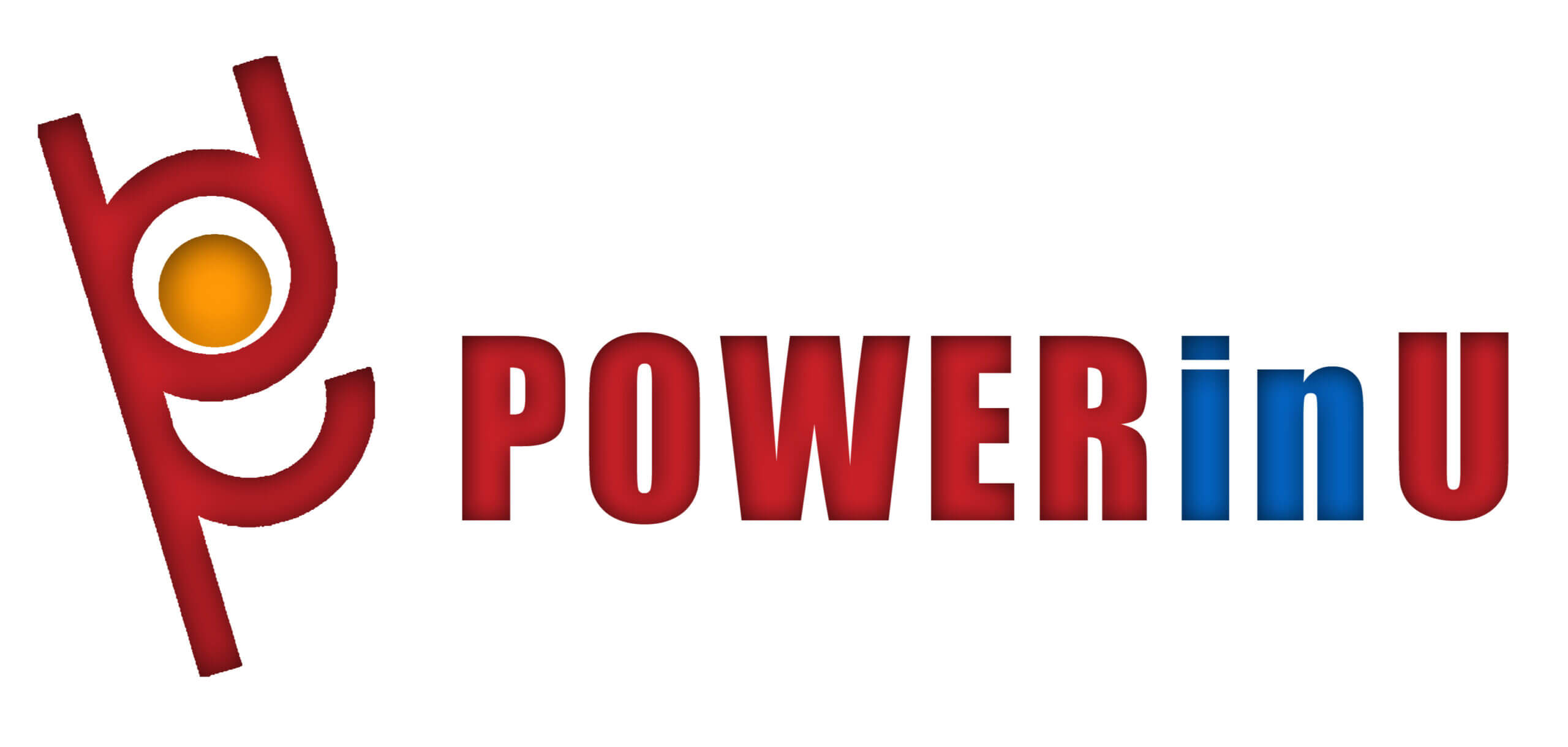
Let’s look at this work scenario…
A sales group head repeatedly expresses his doubts about the capabilities of his direct report, a sales director, which has become a source of conflict between them.
With relationship intelligence, via SDI (Strengths Deployment Inventory) 2.0 assessment and platform, the sales group head might realize he is geared toward performance, while the sales director is most concerned with people.
With knowledge of his strengths and those of his direct report, the group head can adjust his communication style to draw on his secondary strengths that better match his direct report’s tendencies, especially as conflict continues to brew. In doing so, he makes conflict less likely while advancing his agenda.
Sources of Conflict
We are familiar with the advantages of collaborating with people of diverse perspectives. But different perspectives also bring a greater risk of conflict.
More often, we cannot appreciate our colleagues’ perspectives because every person approaches issues from different motivations and points of view. We are likely to be blind to the sensitivities of each other – and inevitably inflame those sensitivities.
If collaboration is going to work, people must keep those problems from undermining collaboration and damaging our relationships.
We’ve learned from psychological research that everyone comes with particular concerns and biases that shape our filters and perspectives, which are hard to change. It’s more productive to work with other people’s tendencies than to push them with our point of view.
Sources of Well-Being
Psychologists have also explained that conflict comes when people feel their sources of well-being are under threat. What makes conflict hard to manage is that people have different sources of well-being.
We can identify the three sources of well-being into:
- Performance-oriented people, who are all about action; they feel best when they’re accomplishing tasks and achieving results.
- People-oriented people, who are most concerned with how they’re treating those around them; they tend to be supportive and trusting.
- Process-oriented people, who like to think through challenges and keep things orderly; they’re systematic and reserved.
There are also people, who are Hubs, who have a mix of all three tendencies that make them hubs of collaboration. But effective organizations still need to harness the energies of full-throttle directive, analytical, and supportive people.
Does this scenario feel familiar?
Performance-oriented people tend to get stuck in conflict less often with colleagues who are equally action-oriented. They might be in constant competition for authority, but they know where these colleagues are coming from.
The process and people-oriented types drive them crazy because those colleagues appear to keep putting up roadblocks to success. And vice versa: performance people look chaotic and appear insensitive to the other types. Everyone struggles to work with people with different personalities.
Apply Relationship Intelligence at Work
If organizations are to thrive, we need to help teams foster connections and build relationships with colleagues, which include managing misunderstandings and inevitable conflicts.
A good starting point would be assessments like SDI 2.0, which is oriented toward relationships, replacing the dominant individualistic approaches.
People can work together productively over time by understanding how our personalities align (or contrast) with our colleagues. With this inter-personalized insight, we can adjust how we approach each other for better results. We call this Relationship Intelligence (RQ).
“When people trust one another and have social capital, you get a willingness to take risks. You get more innovation and creativity and less groupthink.” ~ NANCY BAYM, Principal Researcher, Microsoft Research
🔗 Related posts: Drive Results through Relationships
📚References: 1) https://powerinu.com.sg/core-strengths/, 2) Relationship Intelligence in the Flow of Work by Tim Scudder, Ph.D. Michael L. Patterson, Ed.D.
